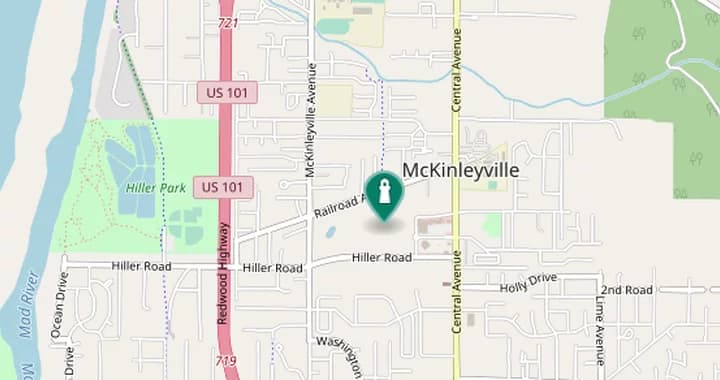Eureka Weighs Municipal Grocery, Deed Restriction Blocks Key Site
City staff briefed the Eureka City Council on November 18 about exploring a municipally owned grocery to improve affordable food access in parts of the city, focusing initially on the former Rite Aid parcel in Henderson Center. A deed restriction tied to the property prevents a grocery anchor with more than 30 percent grocery use from operating there and remains legally binding for about 28 more years unless successfully lifted, prompting the city to expand its search for other locations and models.

At a November 18 meeting, Eureka city staff told councilmembers they were investigating the feasibility of a municipally owned grocery as one option to address gaps in neighborhood food access. Staff highlighted the former Rite Aid site in Henderson Center as a promising location, but reported a deed restriction placed by a previous owner that currently bars a grocery anchor with greater than 30 percent grocery use from operating on that parcel. The restriction remains legally binding for about 28 more years unless the covenant is successfully lifted.
City staff said the current property owner has expressed interest in seeing a grocery on the site but does not want to sell, which constrains acquisition options. Councilmembers and staff also pointed to other opportunities in the city, including a privately driven market project proposed for a storefront near Old Town. The city manager told the council that staff will continue researching locations and models to increase neighborhood food access as Eureka adds housing and density in coming years.
The prospect of a municipally owned grocery raises familiar policy questions for local officials. Proponents argue municipal ownership can prioritize affordability, target underserved neighborhoods, and use public financing or partnerships to sustain operations in lower income areas where private grocers may not find sufficient profit. Opponents caution that a city operated store could expose the municipality to financial risk, complicate procurement rules, and potentially compete with independent retailers. City staff said they will weigh those trade offs while investigating both municipal and private sector models.
The deed restriction on the Henderson Center parcel is a central practical constraint for the immediate plan. Because it prevents a grocery anchor above the stated threshold, the restriction would need to be lifted or otherwise overcome for the site to host a conventional supermarket. That constraint, together with the owner s unwillingness to sell, prompted staff to broaden their review to additional sites and to consider smaller scale or partner driven solutions that might sidestep the restriction.
For residents, the council briefing highlighted that local leaders are actively looking for ways to reduce food access barriers as development accelerates. Neighborhoods without nearby full service grocery options stand to be most affected by whatever model the city pursues. Council members directed staff to continue research and to report back with more detailed analysis of potential sites, governance models, and financial implications. The council s next steps will determine whether Eureka moves toward direct municipal provision, facilitates private projects, or pursues a hybrid approach to address food access challenges.


